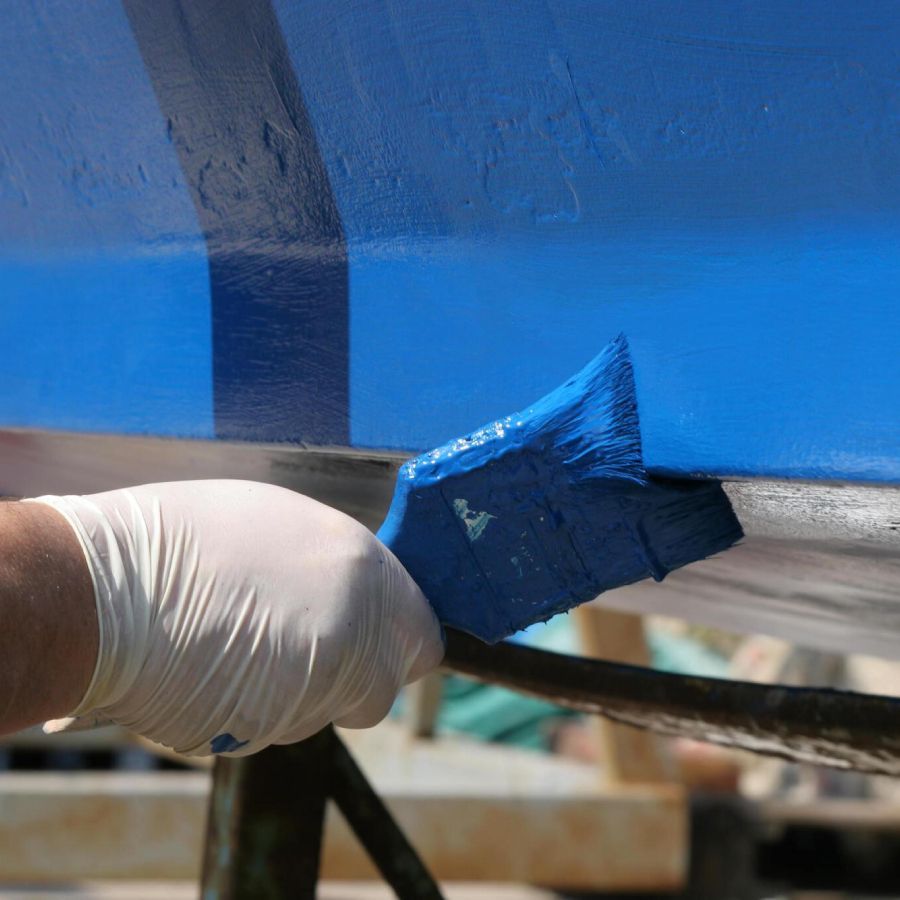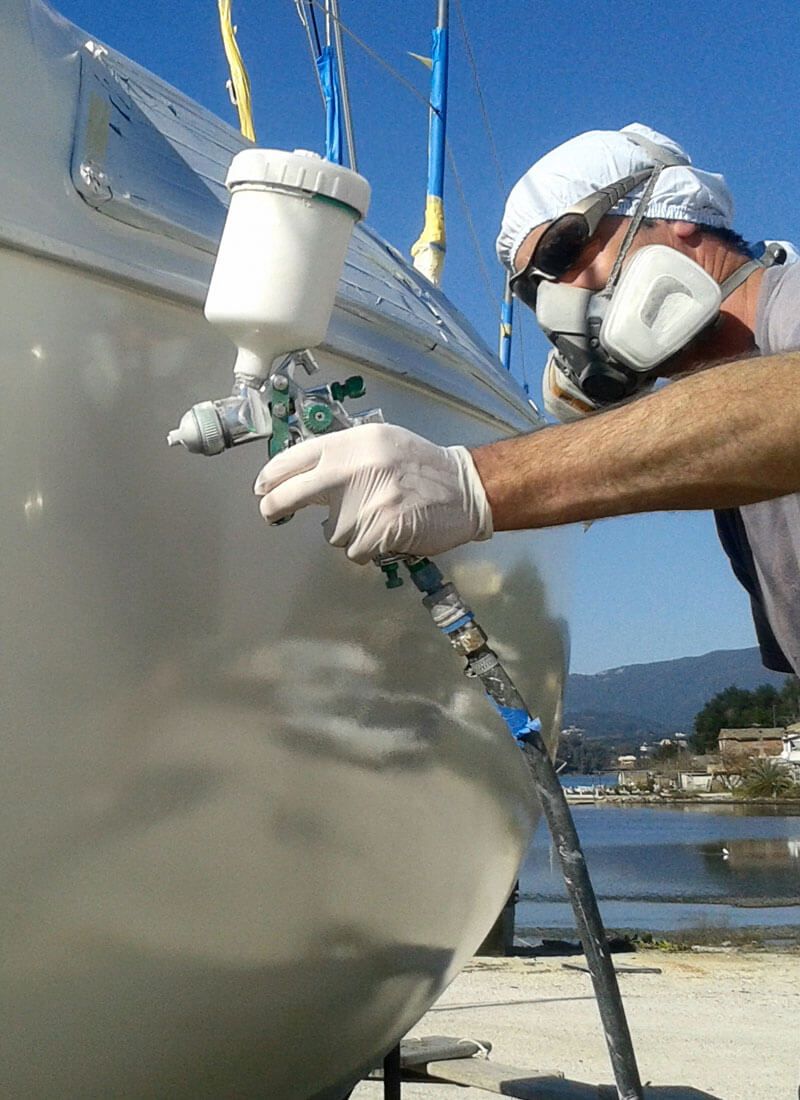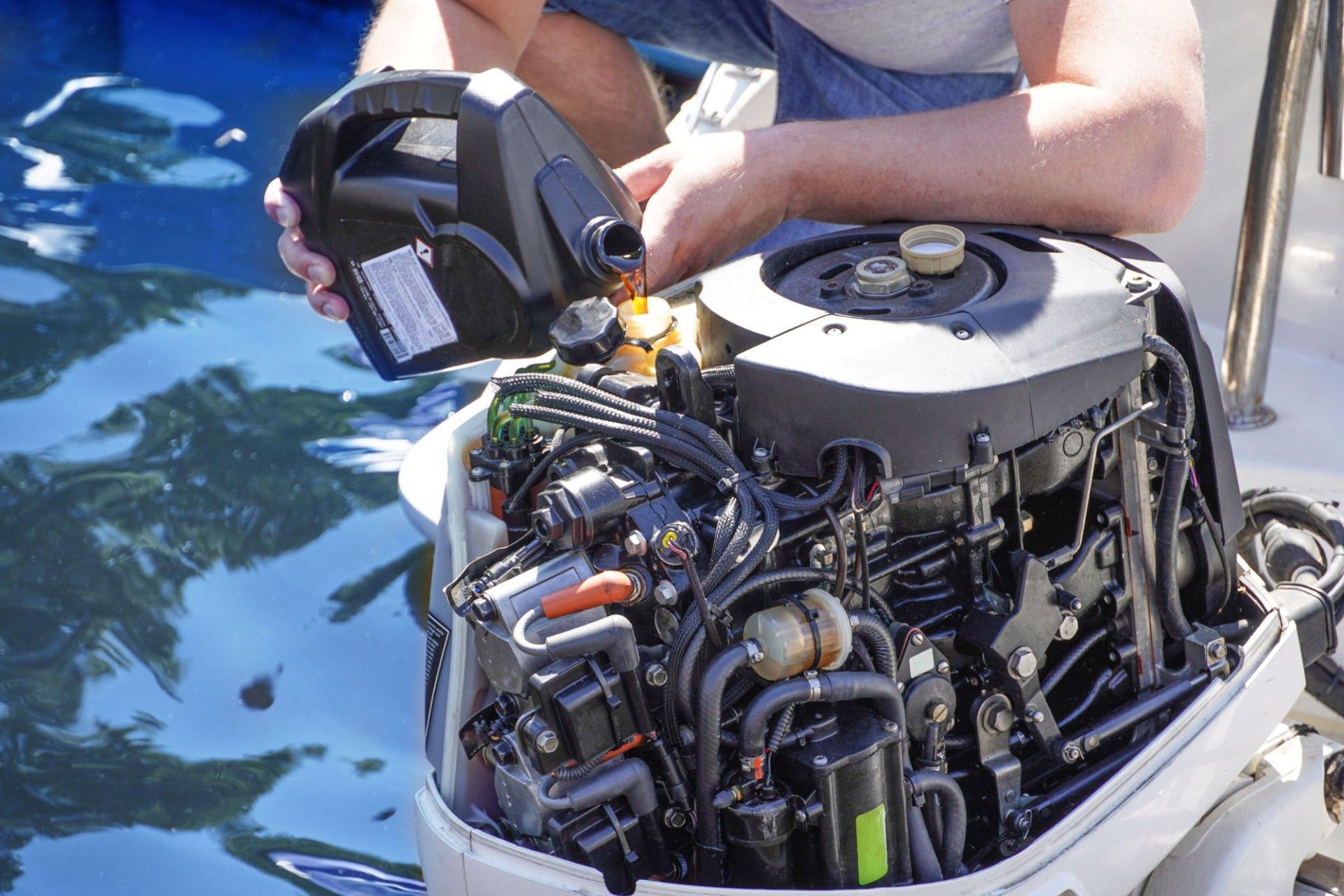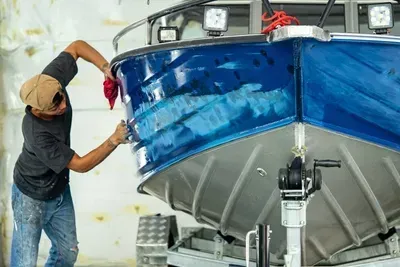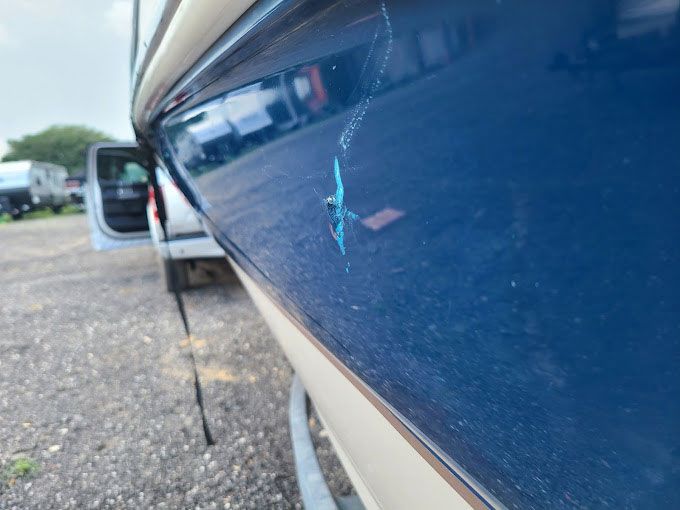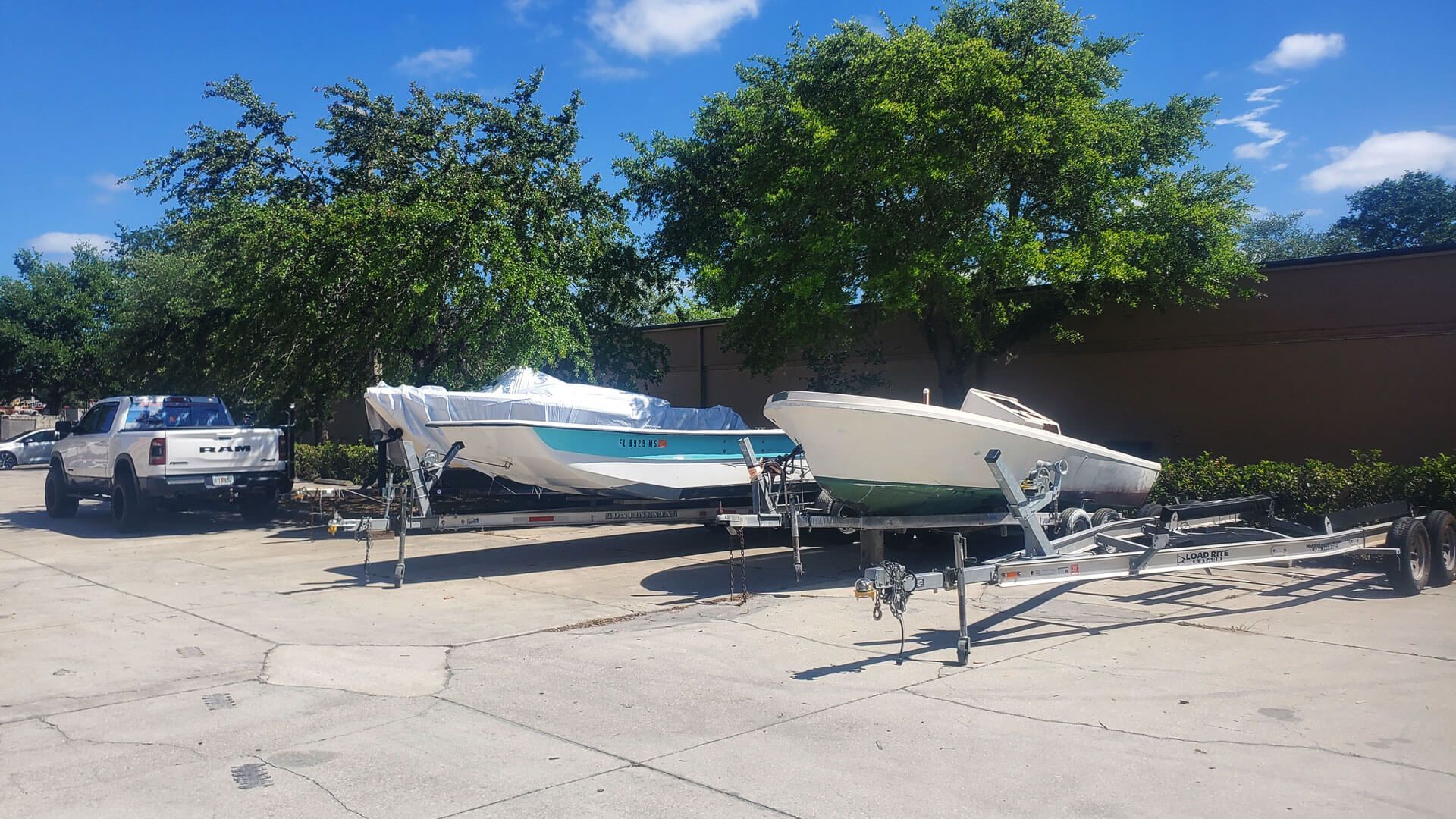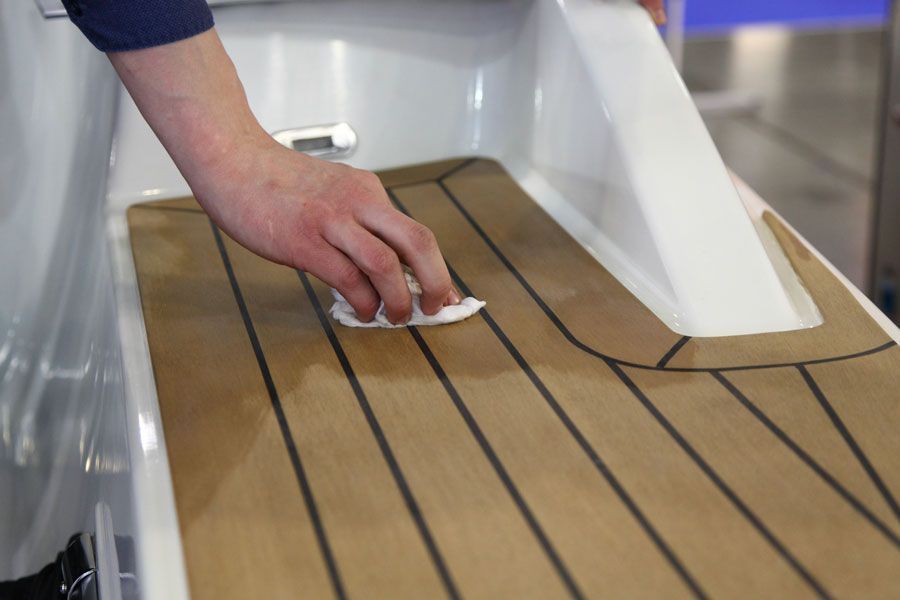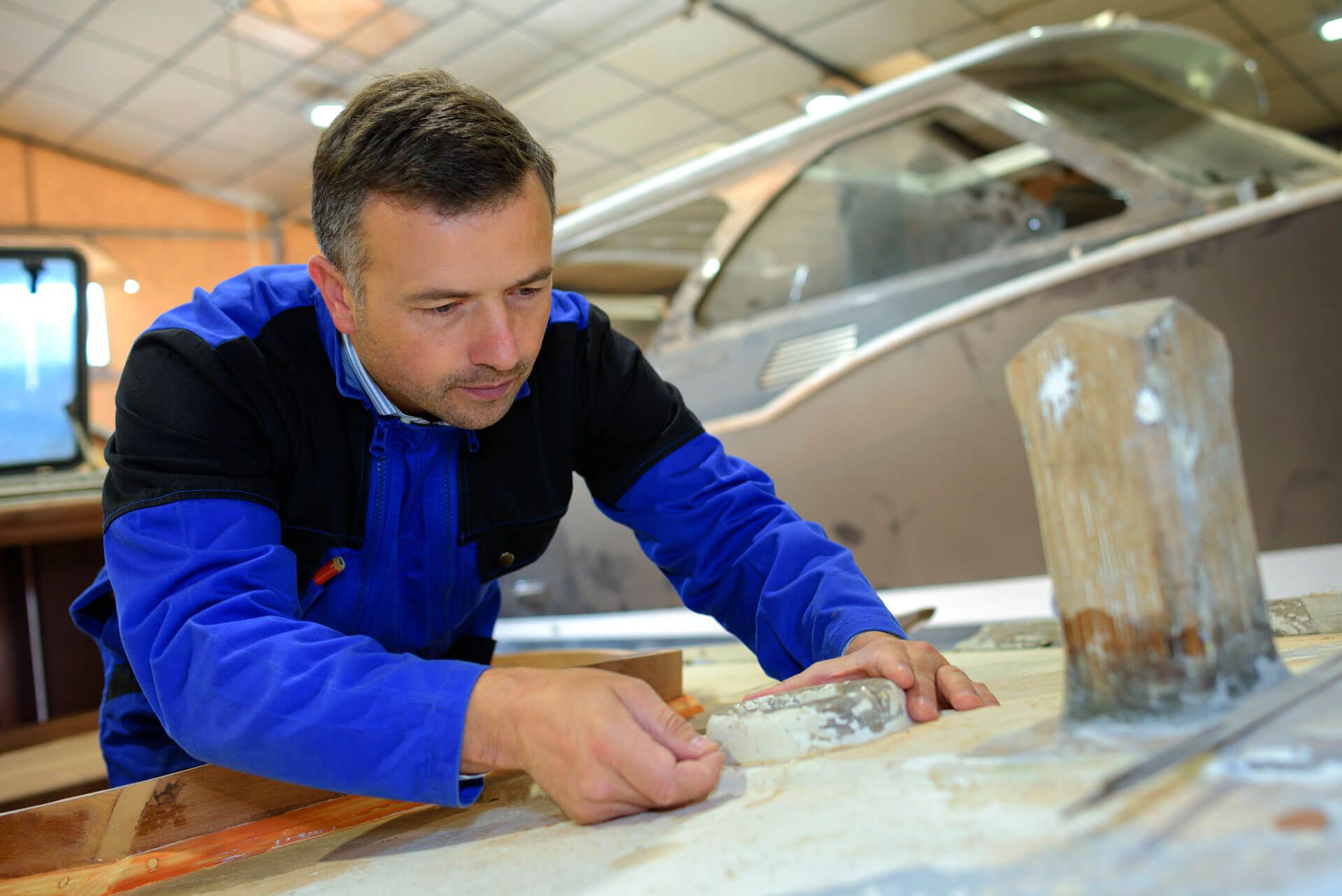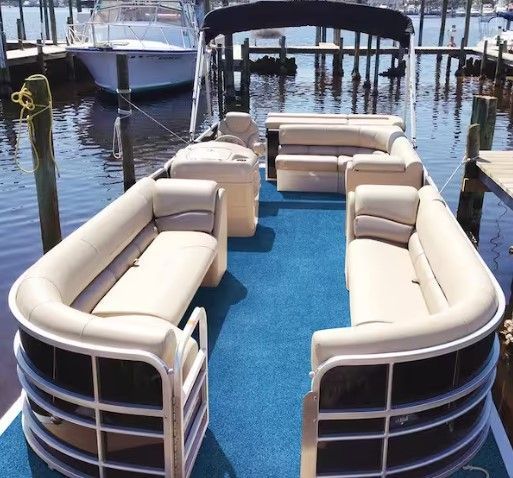5 Top Common Marine Electrical Challenges and How to Fix Them
When you're out at sea, ensuring the smooth operation of your vessel's electrical systems is of paramount importance. Marine electrical systems are complex and face unique challenges due to the harsh and corrosive marine environment. Understanding and being prepared to address common marine electrical challenges is vital for both the safety and efficiency of your waterborne adventures.
1. Corrosion and Saltwater Intrusion
The corrosive nature of saltwater can wreak havoc on electrical components and connections. We'll discuss how to protect your electrical systems from saltwater intrusion and corrosion and provide tips for ongoing maintenance to keep your boat's electrical system in top shape. Corrosion and saltwater intrusion in marine electrical systems is crucial for the safe and reliable operation of your boat. Some of these are the steps you can do to avoid these issues:
- Use Marine-Grade Components
- Proper Insulation and Enclosures
- Regular Inspections
- Seal Cable Penetrations
- Use Dielectric Grease
2. Battery Troubles
Batteries are the heart of your vessel's electrical system. Preventing battery troubles in marine electrical systems is essential for ensuring that you have a reliable power source while out on the water. Here are some steps you should consider to prevent this:
- Select high-quality marine batteries that are designed to withstand the demands of the marine environment
- Ensure that the batteries are securely mounted and properly installed, following the manufacturer's guidelines
- Conduct regular visual inspections of the battery terminals and cables
- Install battery boxes or trays to protect the batteries from physical damage and to contain any potential acid leaks
3. Wiring and Connection Problems
Faulty wiring and connections are a frequent source of electrical problems on boats. Learn how to identify and fix issues like loose connections, chafed wires, and overloaded circuits.
- Invest in marine-grade wiring, connectors, and components designed to withstand the marine environment's harsh conditions, including moisture, salt, and temperature fluctuations.
- Protect and organize wiring by using conduit and cable trays, especially in areas where multiple cables are routed together
- Seal any openings where wiring enters the boat to prevent water intrusion
- Keep your wiring and connectors clean and free of corrosion by regularly cleaning them with freshwater and a wire brush. Apply a protective coating, such as dielectric grease, to connections.
4. Grounding and Bonding Issues
Inadequate grounding and bonding can lead to electrical shock hazards and equipment damage. Discover the steps needed to prevent these issues.
- Properly label all wiring and connections for easy identification. This simplifies troubleshooting and reduces the risk of accidental disconnections.
- Secure wiring runs to prevent movement and vibration that can lead to chafing and eventual damage.
- Be mindful of the electrical load on your boat. Avoid overloading circuits and wiring by using appropriate circuit breakers and fuses.
5. Electrical Overloads and Short Circuits
Overloading circuits or experiencing short circuits can be dangerous. We'll discuss the common ways to prevent and troubleshoot them.
- Ensure that the electrical circuits on your boat are designed to handle the intended loads. Distribute loads across circuits to prevent overloading.
- Install Ground Fault Circuit Interrupter (GFCI) outlets in areas where electrical appliances may come into contact with water. GFCIs can prevent electrical shock hazards and short circuits.
- Know the location of the emergency electrical shutdowns on your boat and how to use them. They can quickly disconnect power in the event of a serious electrical problem.
How Can We Help?
At CV Composites, we understand the unique demands and challenges of marine electrical systems, and we're here to assist you every step of the way. Our team of experienced marine electricians and technicians is well-versed in identifying, maintaining, and repairing common electrical issues on watercraft of all sizes so we can help you through our
marine electrical services. Whether you're dealing with corrosion, battery problems, wiring issues, or any other electrical concerns, we have the knowledge, tools, and expertise to provide effective solutions. We're committed to helping you keep your vessel in top condition, ensuring safety, reliability, and peace of mind during your marine adventures. Don't let common electrical challenges stand in the way of your enjoyment on the water.
Contact CV Composites today, and let us be your partner in maintaining and fixing marine electrical issues, keeping your voyage smooth and your electrical systems shipshape. Your maritime journey deserves the best, and we're here to deliver it.



